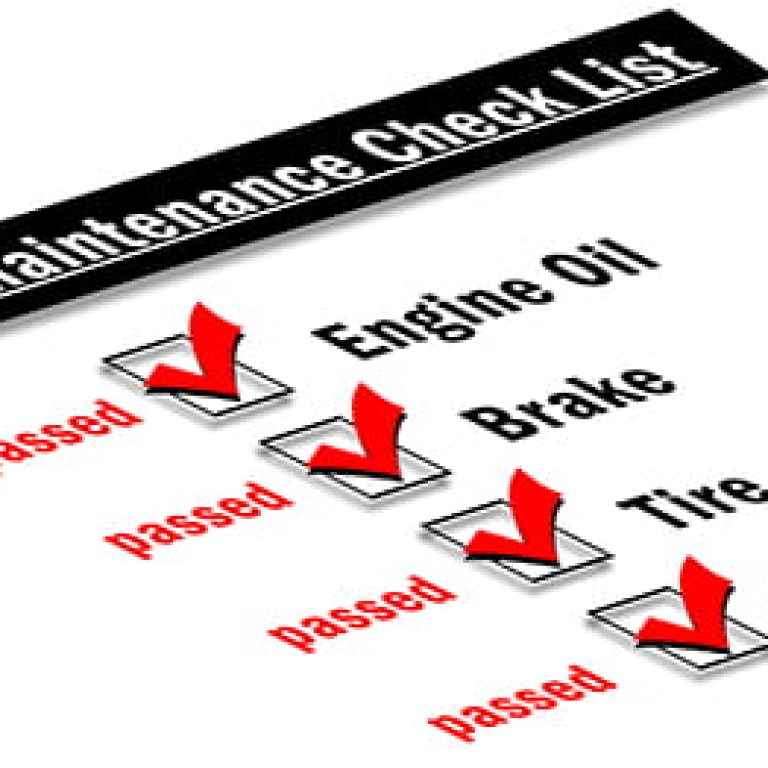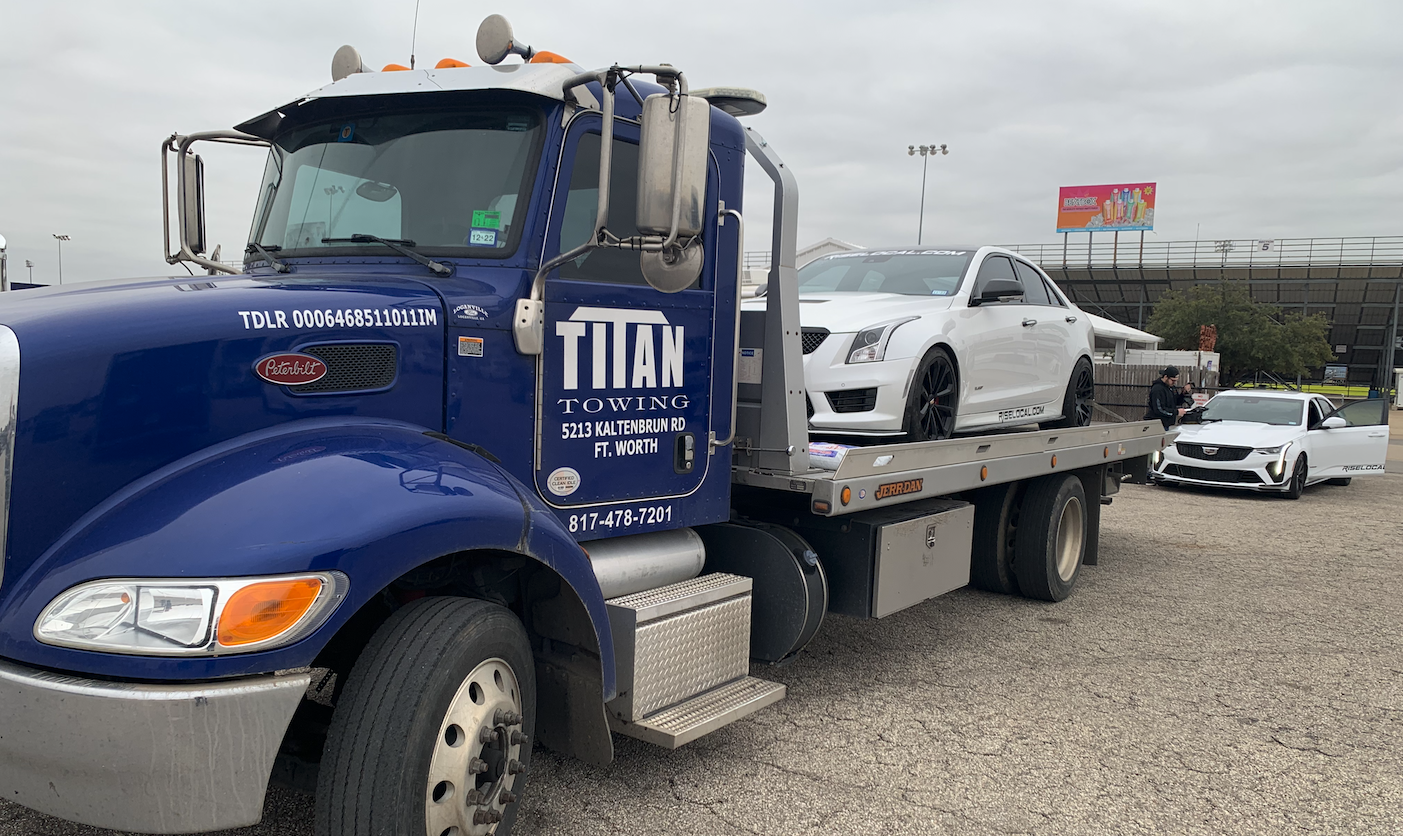There are many reasons someone may need to call a towing company, but having a car break down on the side of the road for poor maintenance should not be one of them. Keeping your car in good running condition is not difficult when you follow a simple schedule and a few basic tips.
Perform Monthly Maintenance Checks
Inspecting your vehicle on a monthly basis helps you stay aware of any possible issues that may arise. Just as gasoline or diesel is needed to keep your car running, car parts are not made to last indefinitely. Monthly inspections will ensure you are aware of any possible repairs needed before they turn into a more serious problem.
Examine the Car’s Exterior
An integral part of your car’s exterior is, of course, the tires. Tire pressure can easily be checked with a tire gauge to ensure proper PSI (or pound per square inch). Poorly inflated tires can affect gas mileage and car stability. When checking tires, also look at the tread.
Bridgestone Tires recommends placing a penny between the tread ribs on your tire. A “rib” refers to the raised portion of tread that spans the circumference of your tire. Turn the penny so that Lincoln’s head points down into the tread. See if the top of his head disappears between the ribs. If it does, your tread is good. If not, it may be time to replace the tire because your tread is no longer deep enough.
In addition to tires, it’s also good to check underneath the car for any fluids that may be the result of leaking oil, power and brake fluid, transmission or other fluid. Air-conditioning may also cause water to drip. Addressing leaking fluids promptly and properly can avoid the need for costly repairs down the road.
Open the Hood
You don’t have to be a mechanic to look under the hood of your car. Simple regular checks of:
- engine oil level and cleanliness
- antifreeze/coolant level
- brake and power steering fluid levels
- transmission fluid
- belts
- battery
Note that you should NEVER remove a radiator cap while the engine is hot. When looking at belts, check for wear and tear and to see if they are properly in place. When checking the battery, make sure the connections are secure. Normally, batteries need to be replaced about every five years.
One of the most important things you can do for your car is change the oil and oil filter regularly. Some recommendations are to change the oil every 2,000-3,000 miles, but you can safely drive farther. However, be sure to change it, or have it changed, at least every 5,000 miles and get a new filter. Also, it never hurts to have some extra motor oil in your vehicle’s trunk if needed.
Other important checks include spark plugs and cables and the engine timing belt to keep your car running smoothly. The key to proper car maintenance is to address any issues as soon as possible to avoid a costly or time consuming break down.





